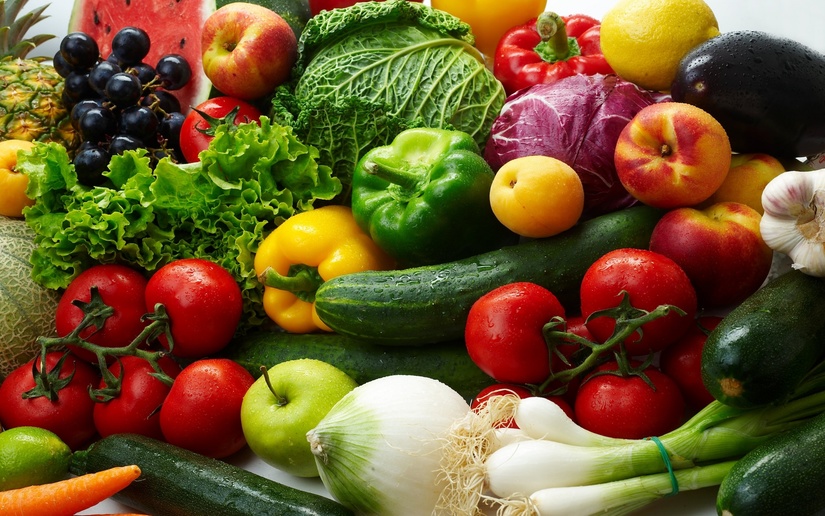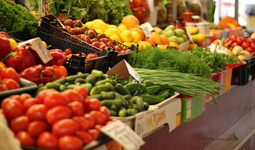In January-April of 2021, Uzbekistan exported 4.2 thousand tons of cucumbers in the amount of $5.1 million, which is $2.2 more compared to the same period of last year. In other words, the overall increase in cucumber export comprised 76% in relation to the results of 2020, reported the State Committee on Statistics.
Almost all the volume of cucumbers (99.6%) was delivered to the marketers of three post-soviet countries: Kazakhstan (47.6%), Kyrgyzstan (35.7%), and Russia (16.3%).
According to the information by the analytics of Eastfruit, the highest volume of cucumber export was noted in 2018. Even though it is yet early to speculate about the forecasts for 2021, the data of the first four months allow make assumption that in 2021 cucumber export would not be lower or would retain on the level of last year.
However, one of the export territories, namely Russia, is rapidly developing greenhouse production, including cucumbers. Moreover, within the first four months of the current year, Russia exported almost as many cucumber as it has imported, having dramatically increased the export and reduced the import.
Nonetheless, Uzbekistan continues to supply the Russian market with cucumbers, as the Asian part of the Russian Federation still faces a temporary deficit of the produce.
In 2021, Uzbekistan increased supplies to Russia by 3.3 times. Also, Turkey, Iran, and Georgia have increased the volumes. However, the leaders of the last year, China and Belarus, have decreased greenhouse vegetable export to Russia within the mentioned period in comparison with the last year.
Greenhouse vegetable production is one of the most rapidly growing industries in Russia. Within the past 5 years, greenhouse acreage has increased by 1.5 times and the production volume has enhanced by 80%, having reached in 2020 the record-setting 1.37 million tons. Moreover, the greenhouses constructed in Russia are energy efficient and more advanced, which allows replacing import, including the produce from Uzbekistan.





















leave a comment